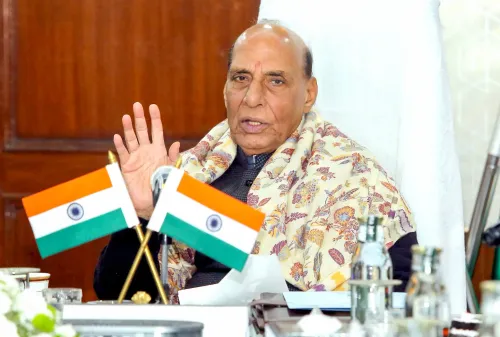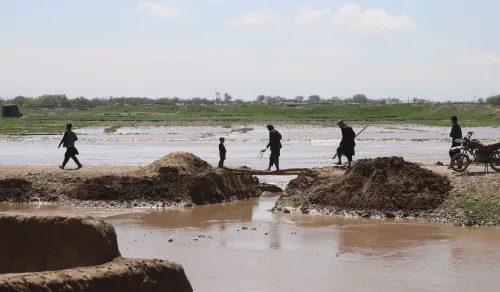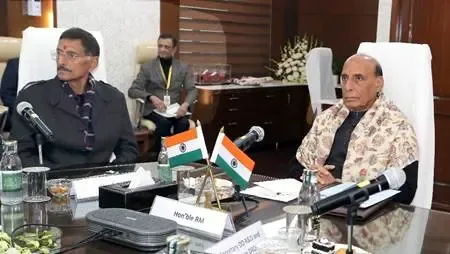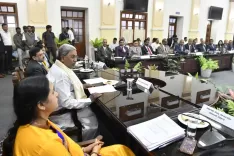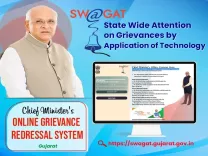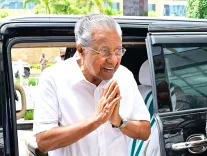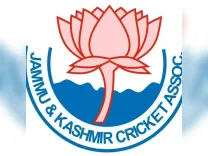Is Netanyahu Dismissing the Two-State Solution and Criticizing Western Support for Palestine?
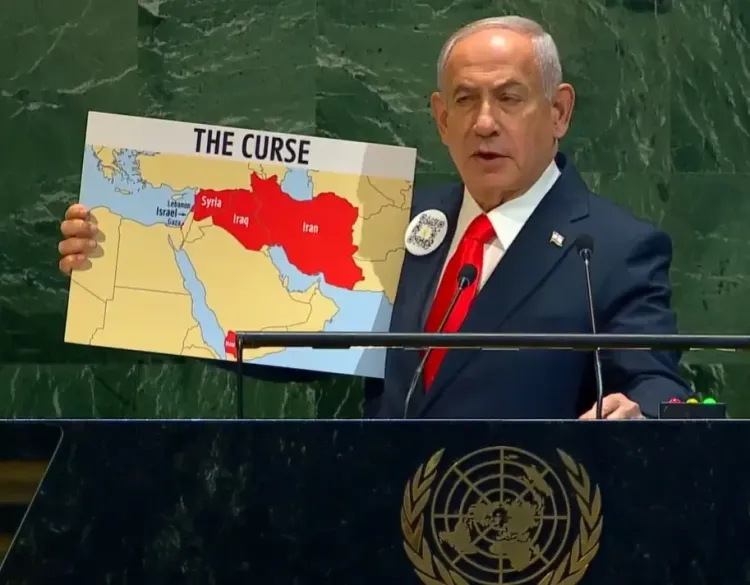
Synopsis
Key Takeaways
- Netanyahu categorically rejected a two-state solution.
- Criticism of Western nations for their support of Palestine.
- Threats made against Hamas regarding hostages.
- Mixed international reactions to his speech.
- Abbas's call for peace and recognition of Israel.
United Nations, Sep 26 (NationPress) Israel’s Prime Minister Benjamin Netanyahu firmly dismissed the prospect of a two-state solution on Friday, deeming it “suicidal” for Israel. He criticized Western nations, including France, Canada, and Britain, for their recognition of a Palestinian state, and condemned the recent General Assembly summit that reaffirmed the two-state framework aimed at establishing a sovereign Palestine alongside Israel.
Netanyahu asserted, “We will not allow you to shove a terror state down our throats,” addressing the Western allies that had historically supported Israel. He claimed such gestures imply that “murdering Jews pays off,” referencing global attacks on Jewish individuals.
The Prime Minister emphasized that Israel would “finish the job” against Hamas in Gaza unless they surrendered and released the remaining hostages from the 2023 attacks, where over 1,200 people lost their lives. Hamas has refused to comply, prompting a significant Israeli operation aimed at eliminating Hamas.
“Free the hostages now,” Netanyahu demanded from the podium, further warning Hamas, “If you do, you will live. If you don’t, Israel will hunt you down.” As he approached the podium, several countries exited the Assembly hall, while others applauded him.
Using innovative tools to emphasize his arguments, Netanyahu showcased a QR code on his lapel that directed to a site detailing Hamas's atrocities against Israelis. He also conducted a “pop quiz” with a sign questioning the audience about who hates Israel, providing a list that included terrorist organizations and Iran.
Demonstrations both supporting and opposing Netanyahu occurred outside the UN. At Dag Hammarskjold Plaza, groups held a vigil for the victims of the Hamas attack, laying floral tributes and showcasing images of hostages still held by Hamas.
Conversely, pro-Palestinian and pro-Hamas protesters accused Netanyahu of “genocide.” In his address, Netanyahu rebuffed these accusations, arguing that such claims contribute to anti-Semitism. He asserted that Israel endeavored to notify civilians before military actions, stating that if their intent was genocide, they would not seek to minimize civilian harm.
He posed a question regarding whether those committing genocide against Jews had warned them to evacuate before the attacks, and he refuted claims that Israel was denying food to Gaza. Instead, he pointed out that Israel had sent substantial supplies, asserting that Hamas was responsible for the hunger due to their actions.
Netanyahu compared calls for a Palestinian state to establishing an “al-Qaeda nation” near New York following the 9/11 attacks. He expressed skepticism regarding the Palestinians' commitment to peace.
In contrast, Palestinian President Mahmoud Abbas condemned Hamas in his speech, advocating for the release of hostages and asserting that Palestinians do not seek to establish an armed state but recognize Israel.
While Netanyahu reserved his strongest criticism for Iran and its regional proxies, he also mentioned that Israel was engaging in discussions to normalize relations with Syria, a notion that would have been unthinkable in the past.


